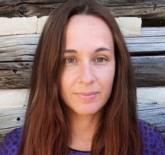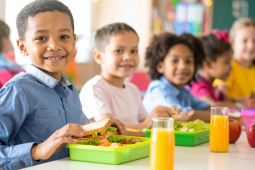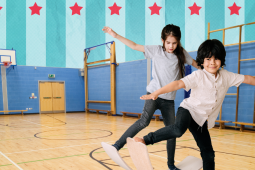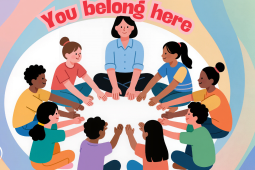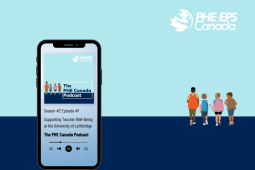Wave of Gender Identity and Pronoun Policies Erase Child Rights
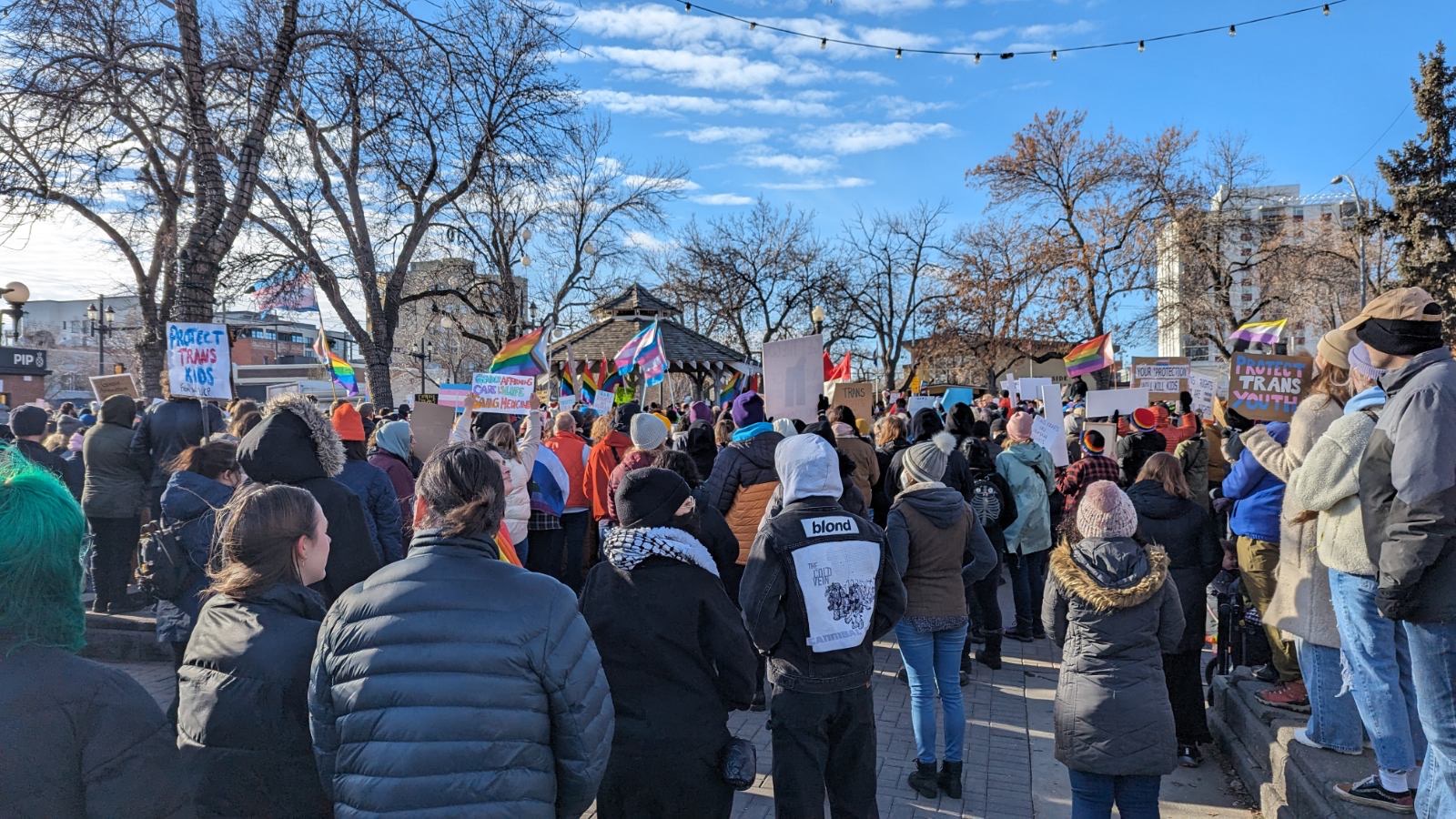
The recent announcement of upcoming changes to Alberta’s policies with respect to gender identities is a direct affront to 2SLGBTQIA+ children and youth, and indeed all young people's, health and safety. Physical and Health Education (PHE) Canada unwaveringly supports the rights of 2SLGBTQIA+ children and youth to live as their true, authentic, and accurate selves. Schools are designed to be safe, supportive environments where children and youth are able to learn equally about the world around them as they are about themselves. PHE Canada affirms that the policy changes undermine the UN Convention on the Rights of the Child and go against the Canadian Charter of Rights and Freedoms that protect Canadians from discrimination and hate crimes based on gender identity and expression.
At the same time, the recently proposed policy contradicts Alberta's own Education Act which is based on “universal acceptance of, and belonging for, all children and students”. If the recent policy changes are enacted this fall, they will be in direct contradiction to the values and promises upon which its own, world-leading, education system is built.
It is imperative for academic and social success, that 2SLGBTQIA+ students see themselves reflected within schools and curriculum. This is especially true in the Physical Education and Wellness curriculum, where human growth and development is a learning outcome that spans Kindergarten to Grade Twelve. The knowledge expected of an 8-year-old student (grade three) is that “[human] development is the process of becoming a unique person.” and that “Areas of development are interconnected and include; mind, body, spirit, emotion, [and] self-image”. Accurate and inclusive lessons and materials give students clear information about the diverse world around them and help prepare all young people to navigate and positively contribute to a diverse, inclusive, and safe society. Removing students from, and censoring, any lesson that mentions gender identity, sexual orientation or human sexuality is a significant step backwards and pushes young people to other, unreliable, inaccurate sources for their education – we don’t want to trust these lessons to a YouTube-er or TikTok-er…
Statistics Canada reports that just under 1 in 100 young adults aged 20 to 24 are non-binary or transgender (0.85%). Over half are living in urban centers including Edmonton (5.5%) and Calgary (4.5%) (Statistics Canada, 2021). Article 9 of the UN Convention on the Rights of the Child provides that children and youth must be given an opportunity to make their views known and be heard – where are their voices in this policy? Physical and Health Education Canada urges all provincial and territorial policy makers to recognize that children and youth are inherently knowledgeable about themselves, are capable of understanding who they are and how they feel, and to uphold the Convention by providing young people the opportunity to share their views. Based on the school- and community-based protests taking place across the country, PHE Canada is confident they have a voice – but are they being heard? Only by listening can decisions be made in the best interests of the child.
Requiring parental permission for a student to use pronouns or names other than those on their official record contravenes Article 12 of the Convention on the Rights of the Child, which states “Parties shall assure to the child who is capable of forming his or her own views the right to express those views freely in all matters affecting the child, the views of the child being given due weight in accordance with the age and maturity of the child.” Taking a page from the Department of Justice Canada - “We hear constantly about the fundamental importance of allowing children to express themselves, and most importantly of listening to them – not to assuage the adult's conscience, but because it is often the child who is the one most affected. Can we really claim to be doing justice in cases that affect a child if we do not allow the child to express his or her views freely, if we do not create an atmosphere of trust in which the child is able to share his or her fears, dreams, story and wishes? Can people whose job it is to make important decisions in the life of the child, really make a decision in the best interests of the child without hearing a child who is capable of forming his or her own views speak, and without giving due weight to what the child says?” (Department of Justice, 2022) – is the same not true within our education departments?
Moreover, we would love to know that all students are going home to caring and understanding homes, but we know that often - especially in the case of transgender youth - this is not the case. “Outing” someone is never okay, especially to parents when it may result in dangerous living situations. Indeed, as we have seen time and time again, the enaction of restrictive gender policies create harmful and unintended consequences including placing students and school staff at great emotional and physical risk from mistreatment, stigmatization and hate-based crimes.
The ability for 2SLGBTQIA+ and indeed all students to express themselves in a way that is true and authentic is pivotal for them to be able to develop a sense of belonging within the school community - a space where they will spend the vast majority of their childhood. No other institution has the same presence in the lives of children and youth as the school, as they spend upwards of a third of their waking hours learning and growing there. The presence of belonging, specifically school belonging, has well researched long- and short-term implications for students’ positive psychological and academic outcomes.
PHE Canada calls for the immediate removal of the following proposed policy changes:
- Parents must consent for their child aged 15 and under to alter their name or pronouns used by school teachers, administration and other educational staff.
- Parents must be notified for their child aged 16 or 17 to alter their name or pronouns used by school teachers, administration and other educational staff.
- Parents must be notified and opt in to any instance when a teacher provides formal instruction on subject matter involving gender identity, sexual orientation or human sexuality.
- All third-party resource materials or presentations related to gender identity, sexual orientation or human sexuality available in Alberta classrooms must be pre-approved by the Ministry of Education to ensure they are age-appropriate.
For media requests please contact
Melanie Davis,
Executive Director and Chief Executive Officer
[email protected]

